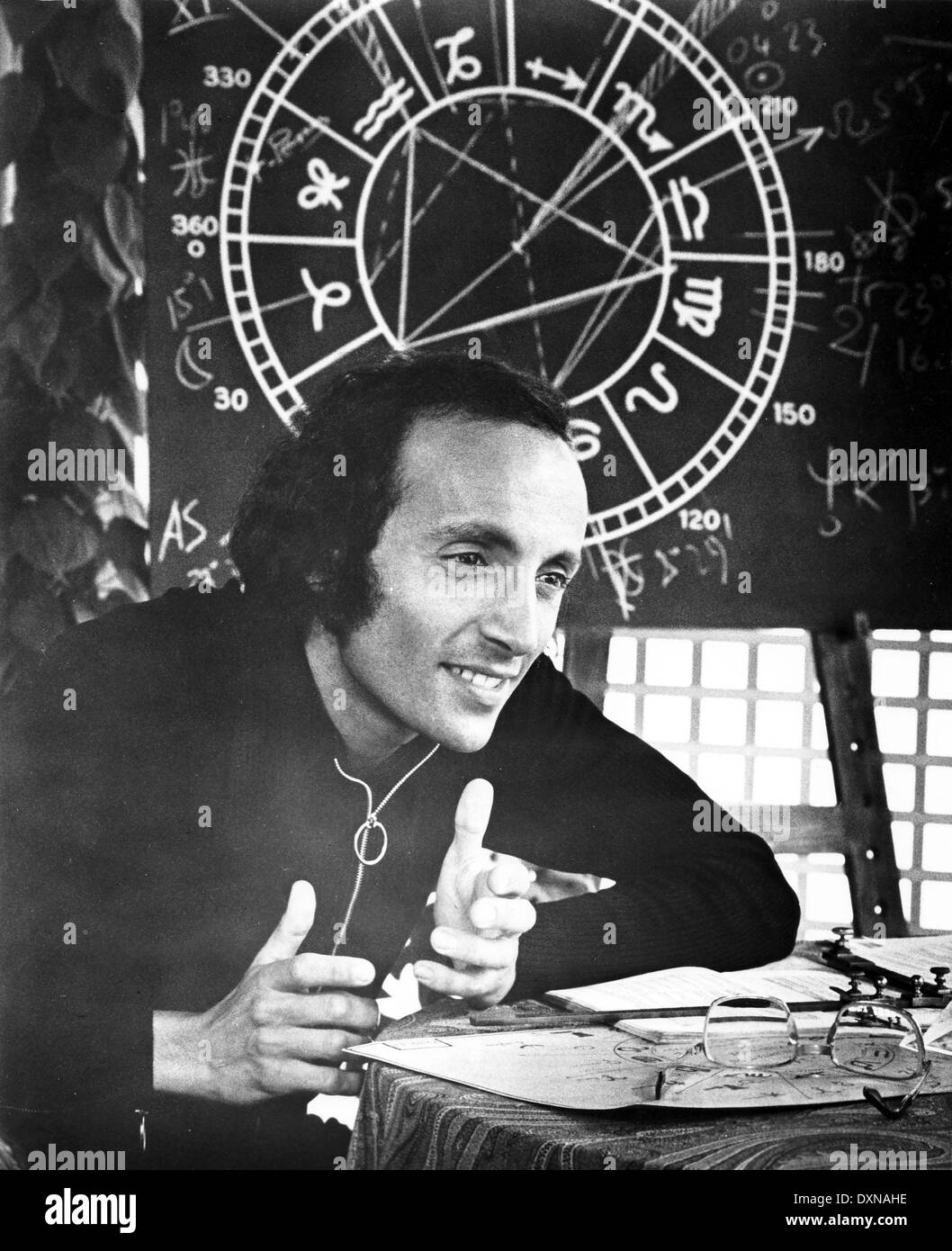
By introducing Oliver’s father, Oliver Barrett III, Segal contrasts the increasing breach between father and son while the bond between Oliver and Jenny is swiftly strengthened, eventually welded together by marriage. Later, more societal uneasiness is revealed: having a rich father and a family name, maintaining a reputation, expectations of law school or the Peace Corps.

Even within the first few moments, the tension between Harvard and Radcliffe is evident. The first scene is a lively, foul-mouthed argument between two people whom we’d soon learn to be the protagonists: Oliver Barrett IV, the narrator, an impulsive and ambitious athlete, and Jennifer Cavilleri, a music-loving and snarky young lady. It delved deep: breaches in society, broken families, marital relationship, and self-blame. It was so much more than a fiery relationship between two college students. Love Story, by the end, had me tearing up, but not for the reasons I’d expected. Like its title, it would be the epitome of a sad love story with the heroine dying with her hero vowing to live on for her. I had the vague idea it would be a sweet, innocent cliché of a book. This was my first time reading Love Story by Erich Segal, a classic considered to be the embodiment of romance.


 0 kommentar(er)
0 kommentar(er)
